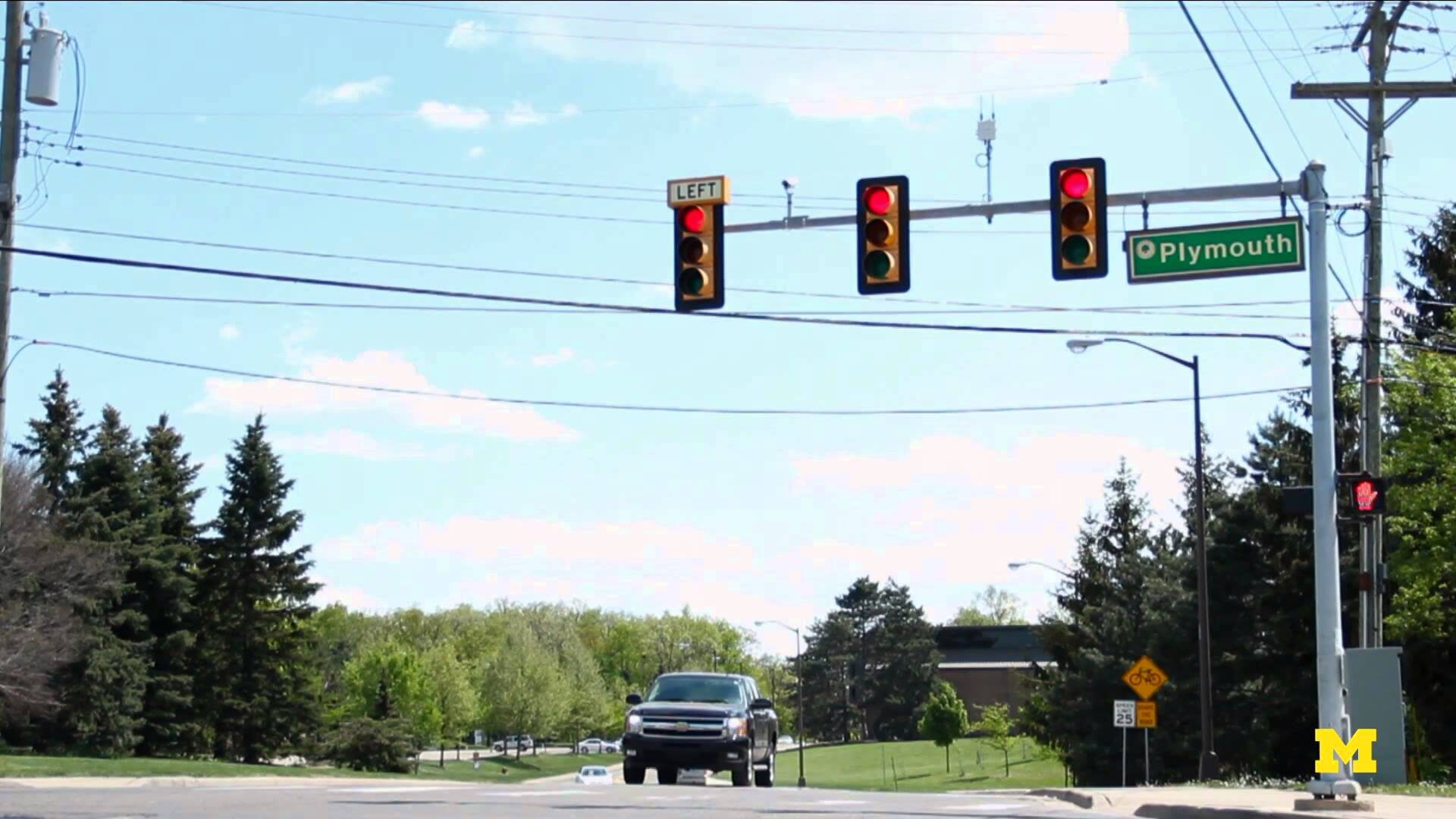U-M researchers are teaching cars, roads, traffic lights, and other roadside devices to talk to each other.
Their conversations just might make driving easy, save lives, and generally improve road conditions. Connected vehicles will inform each other out about such things as traffic tie-ups, icy roads, disabled vehicles, and lane closures. And drivers will hear about them when they need to know—not later.
The researchers’ model will illuminate how well connected-vehicle safety technologies and systems work in a real-life environment, with real drivers and real vehicles.
Currently those researchers are working to make Ann Arbor the first American city with a shared fleet of connected and driverless vehicles by 2021.
Hear what the experts project, and what local residents have to say.
http://www.youtu.be/eHfMfHyiWYA
Are you ready to sit back and let somebody else drive? Tell us your thoughts in the comments section below.



